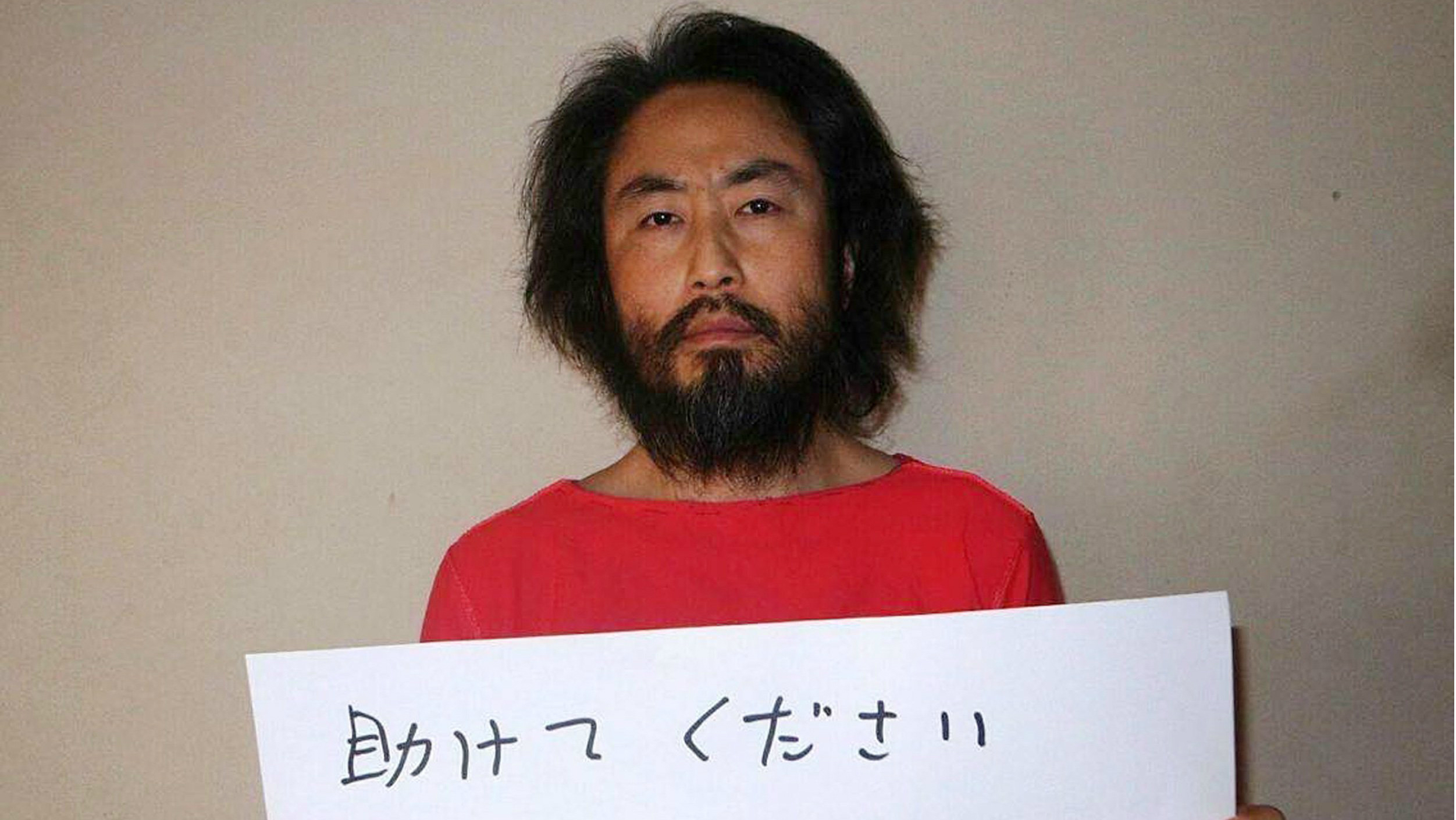Jumpei Yasuda: Japanese journalist freed after three years in Syria
The 44-year-old says he is struggling to speak native language following long captivity by militants

A free daily email with the biggest news stories of the day – and the best features from TheWeek.com
You are now subscribed
Your newsletter sign-up was successful
A Japanese journalist held captive in Syria for more than three years has been released and flown home.
Jumpei Yasuda, a 44-year-old freelance reporter, went missing in June 2015 after travelling from Turkey to Syria to cover the country’s civil war. The Guardian reports that he was allegedly captured by the Nusra Front, a militant group with links to al-Qaida, soon after entering northern Syria.
Yasuda’s long ordeal finally came to an end on Tuesday, when his captors drove him to the Turkish border and handed him over to waiting Japanese officials.
The Week
Escape your echo chamber. Get the facts behind the news, plus analysis from multiple perspectives.

Sign up for The Week's Free Newsletters
From our morning news briefing to a weekly Good News Newsletter, get the best of The Week delivered directly to your inbox.
From our morning news briefing to a weekly Good News Newsletter, get the best of The Week delivered directly to your inbox.
“I have been held in Syria for 40 months, now in Turkey. Now I’m in safe condition. Thank you very much,” Yasuda said in a video from an immigration centre in the Turkish city of Antakya.
The circumstances of his release are still unclear. The Japan Times says the Nusra Front had demanded $10m (£7.75m) for Yasuda’s release, but the Japanese government has denied that a ransom was paid.
Yasuda is now preparing to return to Japan, where he can be reunited with his wife and family.
However, speaking aboard a flight from Antakya to Istanbul, from where he was due to fly to Tokyo, the journalist said was struggling to speak fluently in his native language.
A free daily email with the biggest news stories of the day – and the best features from TheWeek.com
He also touched upon his traumatic experiences as a prisoner. “Day by day, it became difficult to control myself, just thinking that I would not be released today,” he said.
“I began to feel like a life in a solitary cell was now a norm. I was surprised at that feeling and to feel that way in itself is a very sad thing.”
He added: “I am happy that I can return to Japan. At the same time I don’t know what will happen from here or what I should do. I am thinking about what I need to do.”
Japanese Prime Minister Shinzo Abe said on Wednesday that he was “relieved” to hear of Yasuda’s release.
The journalist is expected to come under pressure from authorities to offer a more detailed account of his time as a hostage.
“What he witnessed during his captivity is precious information. We want to hear from him to use his experience in helping to end the war [in Syria],” Maki Sato, secretary general of the Japan Iraq Medical Network, told Kyodo News.
This was the second time that Yasuda has been kidnapped and held captive while reporting in a war zone. He was taken hostage in Iraq in 2004, along with three other Japanese nationals, but was freed after Islamic scholars negotiated his release, Al Jazeera reports.